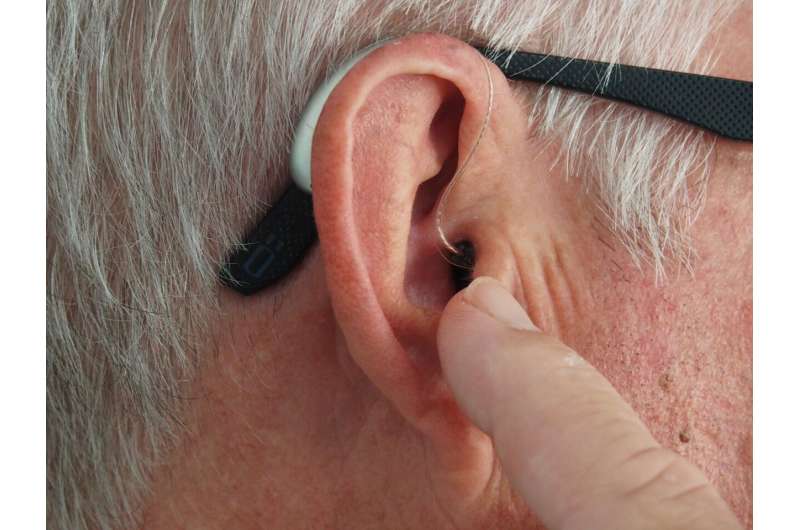Loneliness Linked to Increased Risk of Hearing Loss: Insights from a Large UK Cohort Study

A large UK study uncovers a strong association between loneliness and increased risk of developing hearing loss, emphasizing the impact of social factors on ear health.
A comprehensive cohort study involving nearly half a million participants from the UK Biobank has revealed a significant link between loneliness and the risk of developing hearing loss. Conducted by a team of researchers from Tianjin University, Shenyang Medical College, Shengjing Hospital of China Medical University, and the Chinese University of Hong Kong, the study underscores the potential impact of psychosocial factors on hearing health. Published on May 2, 2025, in Health Data Science, the research highlights that individuals experiencing loneliness are 24% more likely to develop hearing impairment compared to those who do not report loneliness.
Hearing loss affects over 1.5 billion people globally, making it a major public health concern. While traditional risk factors such as age, exposure to loud noises, and genetic predisposition are well-recognized, this study emphasizes the role of emotional and social well-being.
Using data collected over a median follow-up of 12.3 years, the researchers measured loneliness through self-report surveys at baseline and identified new cases of hearing loss via electronic health records. The findings persisted after adjusting for various confounding factors, including age, gender, socioeconomic status, health behaviors, existing health conditions, medication use affecting hearing, social isolation, depression, and genetics.
Notably, the association was stronger for sensorineural hearing loss, which involves damage to cochlear or neural structures, and was particularly pronounced among women. Interestingly, genetic predisposition to hearing impairment did not modify the effect of loneliness, suggesting that social and psychological factors influence hearing health through different pathways.
The authors propose several mechanisms to explain this relationship, such as inflammation driven by loneliness, elevated blood pressure, stress responses, and related chronic illnesses and unhealthy habits. These insights highlight the importance of addressing emotional loneliness as part of hearing loss prevention strategies.
Future research aims to explore the behavioral, psychological, and physiological pathways linking loneliness to hearing health, and to evaluate whether interventions aimed at reducing loneliness could effectively lower hearing loss risk.
For further details, see the original study: Yunlong Song et al, "Loneliness and Risk of Incident Hearing Loss: The UK Biobank Study," published in Health Data Science, 2025 (DOI: 10.34133/hds.0281). Source: Medical Xpress.
Stay Updated with Mia's Feed
Get the latest health & wellness insights delivered straight to your inbox.
Related Articles
Pertussis Resurgence in Tuscany Highlights the Crucial Need for Timely Vaccination in Italy
Recent data from Tuscany shows a ninefold increase in pertussis cases among children and adolescents in 2024, emphasizing the importance of timely vaccination to prevent outbreaks of this preventable disease.
New Research Reveals How Cesarean Timing Affects Future Pregnancy Risks
A groundbreaking study from UCL reveals that cesarean sections performed during advanced labor stages significantly alter scar positioning and healing, increasing risks for future pregnancies and preterm births. Understanding these factors can improve surgical techniques and prenatal care.
Unveiling HIV Persistence: How Minute Genetic Variations Influence Viral Replication and Latency
Research from UVA uncovers how small genetic changes in HIV influence its replication and ability to evade treatment, guiding future cure strategies.
Are Continuous Glucose Monitors Necessary for Everyone?
Explore the rising popularity of continuous glucose monitors among healthy individuals. Learn when these devices are beneficial and why they may not be necessary for everyone. Source: https://medicalxpress.com/news/2025-07-glucose-vogue-track-blood-sugar.html



